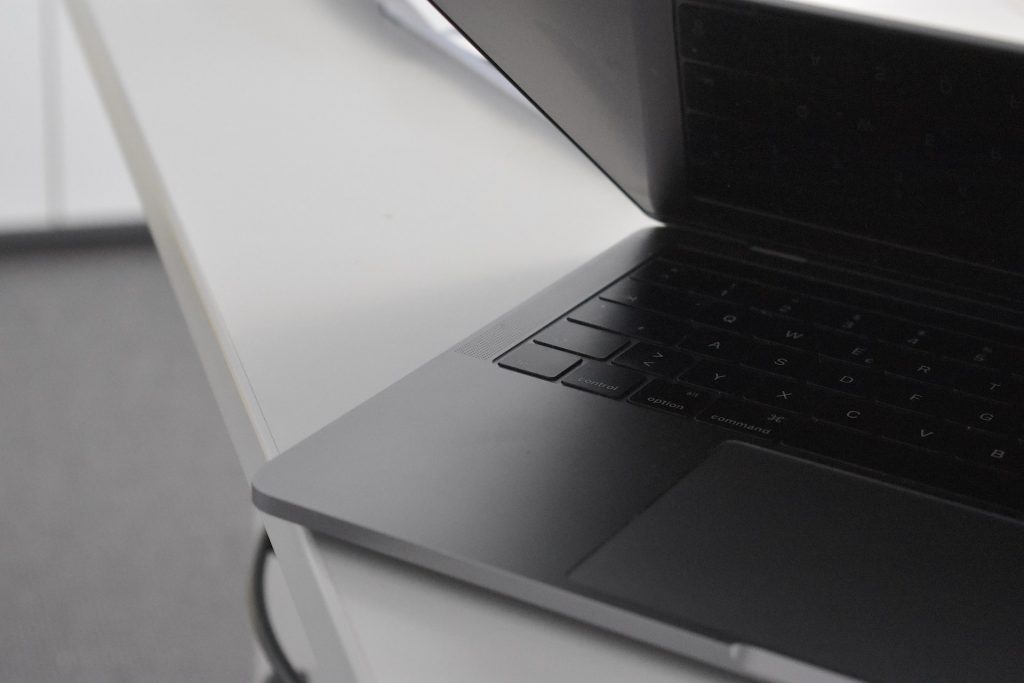Renowned analyst Ming-Chi Kuo has recently shared that Apple plans to release its M3 chip during the second half of 2023. This next-generation chip is anticipated to bring substantial performance enhancements, building upon the impressive gains already achieved with Apple’s M1, M1 Pro, and M1 Max chips.
The M3 chip is expected to further showcase Apple’s commitment to developing its own in-house silicon technology. By continuing to innovate and improve its chips, Apple can maintain control over its hardware and software integration, ensuring optimal performance and efficiency across its devices.
The M-series chips have already demonstrated their potential to revolutionize the computing industry. Apple’s M1 chip, introduced in late 2020, has been praised for its performance and energy efficiency, enabling devices like the MacBook Air and MacBook Pro to deliver impressive computing capabilities with extended battery life.
Following the success of the M1, Apple released the M1 Pro and M1 Max chips, which have provided even greater performance improvements for high-end devices like the MacBook Pro. The upcoming M3 chip is expected to continue this trend, offering users even more power and efficiency to handle increasingly demanding tasks and applications.
While specific details about the M3 chip’s capabilities are not yet available, it is anticipated that the chip will feature advanced architecture and design improvements. These enhancements could lead to faster processing speeds, improved graphics performance, and even better energy efficiency, further solidifying Apple’s position as a leader in the computing industry.
As the M3 chip’s expected release date approaches, more information about its features and performance capabilities will likely emerge.
In the meantime, Apple enthusiasts and industry watchers can look forward to the continued evolution of Apple’s in-house silicon technology and the potential for even more powerful devices in the future.
